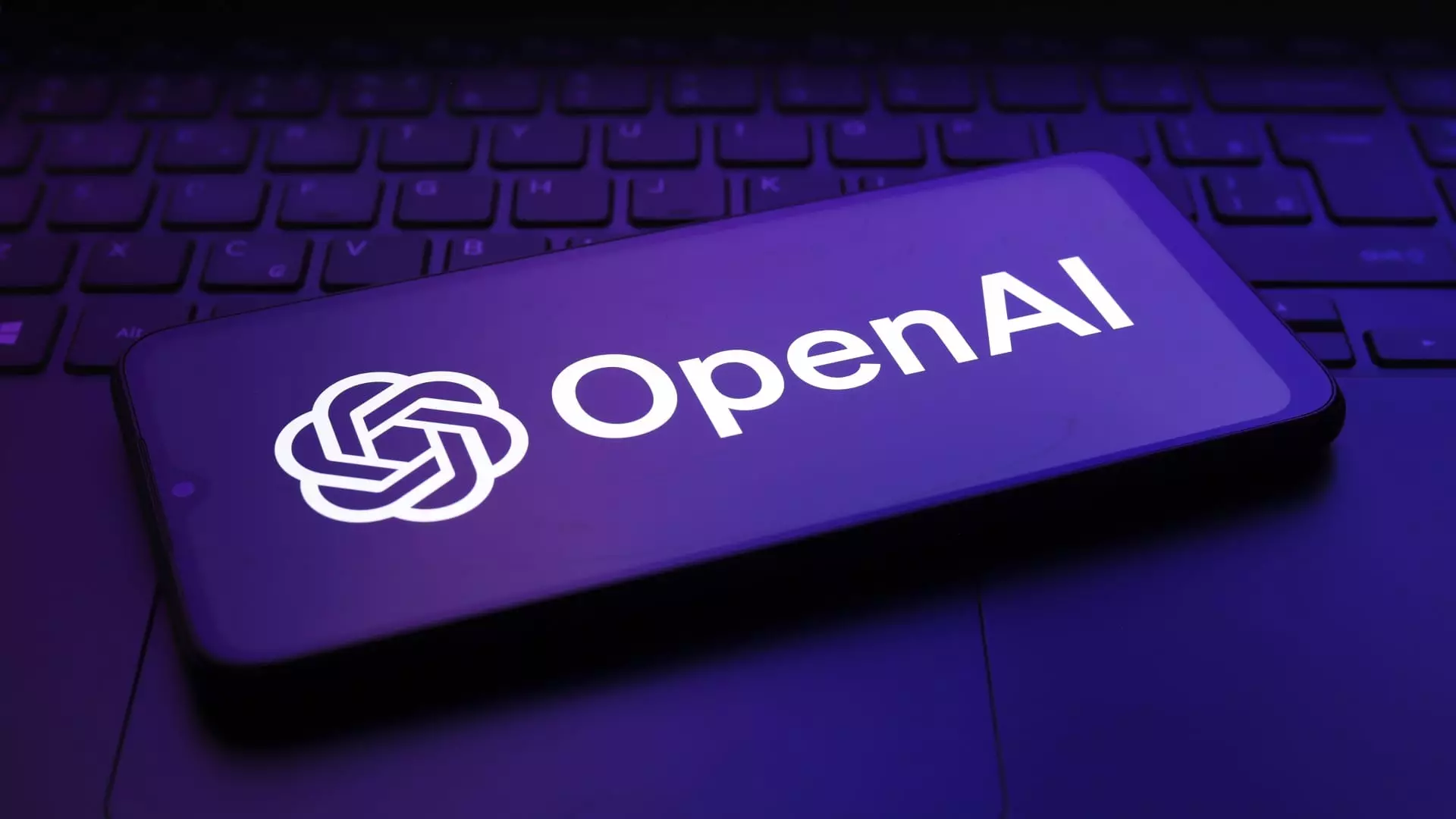In a chilling turn of events, the tech community was stunned by the recent death of Suchir Balaji, a 26-year-old former researcher at OpenAI, whose body was found in his San Francisco apartment. This loss not only represents the tragic end of a young life but also casts a shadow on the ongoing dialogue surrounding ethical concerns in artificial intelligence. San Francisco’s Office of the Chief Medical Examiner has labeled Balaji’s death a suicide, a designation that echoes the urgent mental health crises within high-stress industries like technology.
Before his departure from OpenAI earlier this year, Balaji openly expressed his trepidations regarding the ethical implications of AI, particularly the potential copyright infringements associated with systems like ChatGPT. He articulated a pervasive fear: that the proliferation of chatbots could undermine the economic viability of creators—those who provide the very content relied upon to train these AI systems. His alarming perspective sheds light on the precarious relationship between rapid technological advancement and the rights of content creators, revealing an ethical battlefield that many feel is not receiving adequate attention.
Balaji was not alone in his concerns. OpenAI finds itself embroiled in numerous legal disputes regarding the alleged unauthorized use of copyrighted materials to train its AI systems. A notable lawsuit from a coalition of news outlets seeks to hold OpenAI, alongside its principal investor Microsoft, liable for substantial financial damages. This legal predicament embodies the growing tension between innovation and intellectual property rights, fundamentally questioning how we regard the ownership of digital content in an era marked by machine learning.
Corporate Responsibility and Human Cost
In response to Balaji’s tragic passing, OpenAI issued a statement expressing deep sadness and condolences to his family and friends. Such sentiments, while heartfelt, prompt reflection on the corporate culture within high-stakes tech companies—a culture that often prioritizes innovation over individual well-being. The pressure to generate cutting-edge technologies can lead to a toxic environment where dissenting voices, like Balaji’s, may feel marginalized or unsupported.
Balaji’s concerns were valid; his tragic story illuminates the profound need for a more humane approach in the tech industry, particularly as it becomes increasingly intertwined with ethical challenges. Companies must take the lead in establishing environments that not only nurture technological advancement but also protect the mental health of the individuals behind these innovations. This incident serves as a grave reminder that beyond the algorithms and data lies the human experience, one that needs to be cherished and safeguarded.
While the tech industry races toward the future, balancing ethical considerations with rapid innovation is paramount. The legacy of individuals like Suchir Balaji, whose lives and concerns deserve recognition, demands that we foster a dialogue that is as much about human dignity as it is about technology’s limitless capabilities.

